A bit of literary trivia starting with, of course, Ernest Hemingway.
- Hemingway hated the cover art for The Great Gatsby. When Scott Fitzgerald showed the copy of The Great Gatsby to Hemingway, he did not like it at all. Fitzgerald told him not to be put off by it, “It had to do with a billboard along a highway in Long Island that was important to the story.” Apparently Fitzgerald told Hemingway that he, Fitzgerald, had initially liked the jacket, but now he didn’t. Hemingway wrote about this anecdote in A Moveable Feast.
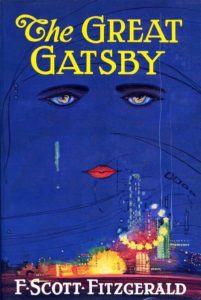
The Great Gatsby cover
- Nancy Drew author Carolyn Keene wrote under a pseudonym. The books were actually ghost written by a number of authors and published under the collective pseudonym ‘Carolyn Keene’.
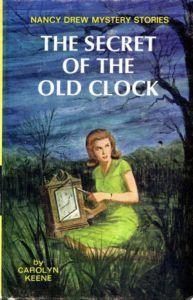
- Louis May Alcott refused—despite public hunger—to have her heroine Jo March marry Laurie, the neighbor who was in love with her. Instead, she married Jo to Professor Bhaer and Laurie ended up with her sister Amy.
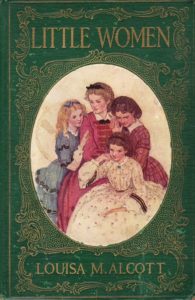
- Emily Brontë only published one novel, i.e. Wuthering Heights. Brontë died at the age of 30 a year before the book’s publication so she was not around to see its success.
- Jane Austin’s works were all published anonymously. Her first novel, Sense and Sensibility was published under the name “By A Lady.” Her next novel, Pride and Prejudice was labeled “By the Author of Sense and Sensibility”. It wasn’t until after her death that her brother revealed her name to the public.
- J.R.R. Tolkien’s first name stands for John Ronald Reuel.
- Vladimir Nabokov wrote Lolita on notecards. According to Life Magazine, the Russian author wrote most of his novels on 3 x 5 notecards and kept blank ones under his pillow whenever inspiration hit.
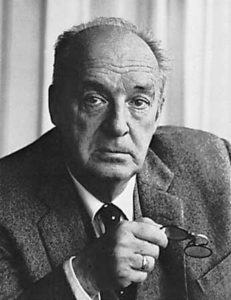
- George Orwell’s Nineteen Eighty-Four was almost called “The Last Man in Europe.” The British author took awhile to name his 1949 dystopian novel. He also had trouble deciding what year to set the story and considered 1980 and 1982.
- The monster in Mary Shelley’s Frankenstein has no name. The monster from the 1818 gothic horror is referenced as “wretch, demon, and monster” among others. In the book, Frankenstein is the name of the young scientist.
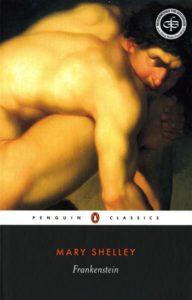
- John Steinbeck is credited with giving Route 66 its nickname. “66 is the mother road, the road of flight” John Steinbeck described in his Pulitzer prize-winning Grapes of Wrath.
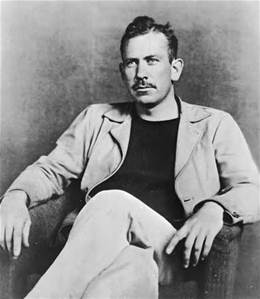
- William Golding had a hard time publishing The Lord of the Flies. According to Golding’s daughter, Judy Carver, “My earliest memory is not of the book itself, but of a lot of parcels coming back and being sent off again very quickly. He must have been grief stricken every time it returned.”
- Starbucks coffee is named after a main character in Moby-Dick. The Seattle founded coffeehouse considered Pequod (Captain Ahab’s whaling ship) before settling on Starbucks a play on the Pequod’s chief mate Starbuck.

- The penname Dr. Seuss was a way to escape punishment in college. After getting caught drinking in his room, Theodore Seuss Geisel was banned from the school’s newspaper and other activities. To continue writing, he started using the penname Seuss.

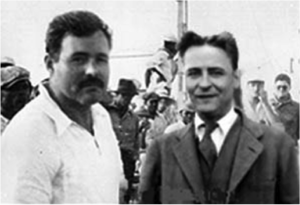

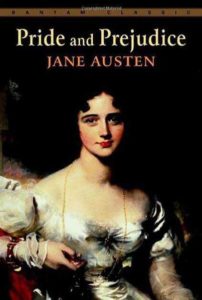
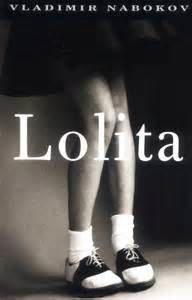

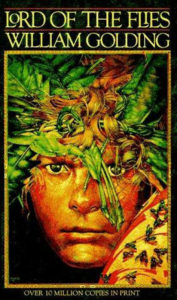

Wonderful blog. Interesting post. Not too many literate blogs out there. I liked Hemingway a lot, but it’s been a long time since I read him. Maybe, it’s time to revisit his work.
Dear Evy: Thanks so much for reading! It’s funny. I first was drawn to Hemingway’s larger than life personality. I read many biographies, then knew I needed to read more of his actual work. I don’t like war, or hunting, or bull fighting but I loved him and how he so sparely captured the essence of small events and behaviors. Please do revisit his work! And again, I am grateful that you visit this blog. Best always, Christine